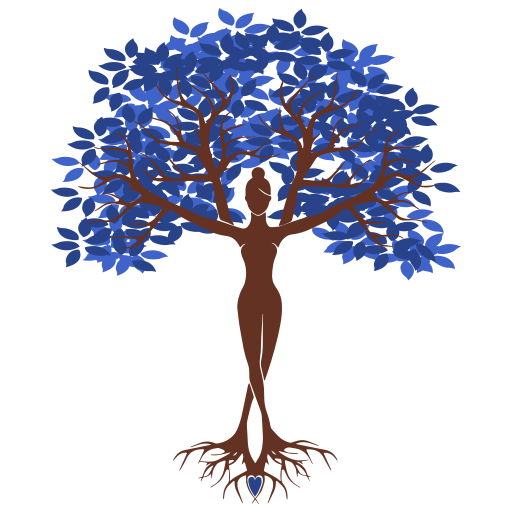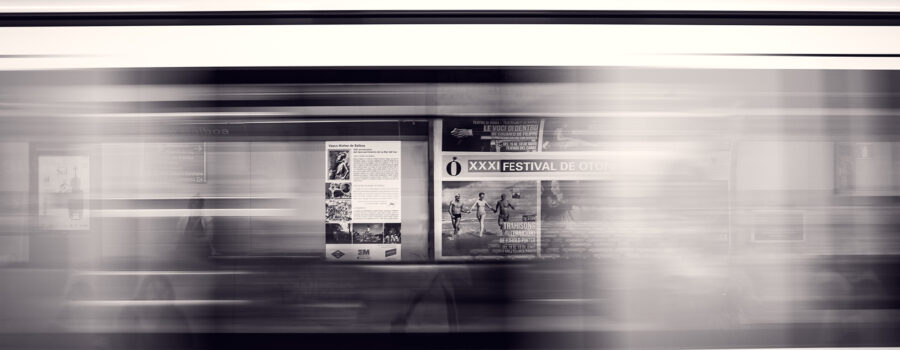You want to know what’s easy? Seeing the fault in someone else. Let’s be honest, if there’s a disagreement or problem, isn’t it easy to see the role the other person played in the problem? It’s like there’s a giant, flashing, neon sign pointing out their faults and how their actions created the problem. From strangers to co-workers, family, and friends, we can easily see the wrong in others because we are impacted by it. We feel the consequences of their actions or are disturbed by their behavior and often feel the need to tell others. When we feel wronged, we don’t hesitate to tell the other person about themselves. I remember saying to someone in my past, “You’re not on the receiving end of you, so you don’t know what it’s like”. You can guess what their response was to me, “Well you’re not on the receiving end of you, Melissa”. Well, they had me there. It can be so easy to get on the blame train and see what someone else is doing wrong, that we don’t look at ourselves. When you’re busy pointing the finger at someone else, often you don’t care about or see your part in the problem. Most of us don’t ask ourselves these questions: What did I do wrong? What did I do that triggered the other person? What are the consequences of my actions and am I taking responsibility for them? When you are busy being the victim, you don’t see the role you played.
Now for some, you may acknowledge what you did wrong, but you feel justified in your actions because of what the other person did first. One of the first concepts I learned in graduate school was circular causality. In simple terms circular causality states that A influences B, and B influences A. It is a reciprocal and dynamic relationship that will keep going. For example, A yells because B ignores. A wants to be heard, so A yells louder. The more A yells, the more B ignores, and the cycle continues. We won’t get into a family therapy lesson now, but I bring this up to say, nothing happens in a vacuum. There is no “good” person and “bad” person in relationships. I know we all wish life were that simple, but it is not. It is not black and white, good or bad. Those dichotomies don’t work in real life and don’t improve anything. Even more, it won’t help you change and grow into the whole, healthy person you could be if you never look at yourself.
The biggest problem with staying on the blame train, where you are only focused on the actions of others, is that you stay stuck. You don’t take responsibility for your actions, you are never held accountable and nothing changes. In the end, you don’t grow and mature and you stay emotionally stunted. Have you seen a 50-year-old who acts like they’re still 16. It might be fun for a little while, but no one wants to be around that person for long because you’re supposed to mature. I love getting wiser, more mature, and more confident in my skin. I don’t like being wrong, but I’m human and I make mistakes. I am flawed. As a child, my mom never apologized when she was wrong and it bugged me so much that I promised myself that when I was an adult, I would admit when I was wrong. Depending on how upset I am, it may take me longer to apologize, but it’s important to me that I genuinely apologize, listen to how my actions hurt the other person, be mindful not to do it again and move on. If you’re stuck on blame, hurt and anger, it might feel justifiable in the moment, but you’re missing out communicating, forgiving, learning and moving on. That is maturity, growth and part of the journey of life.
Look at yourself the next time you’re tempted to only see the faults in others and want to blame someone for what’s wrong. Chances are you played a role in the situation as well. Take ownership of your actions, learn from them and move on.



Recent Comments